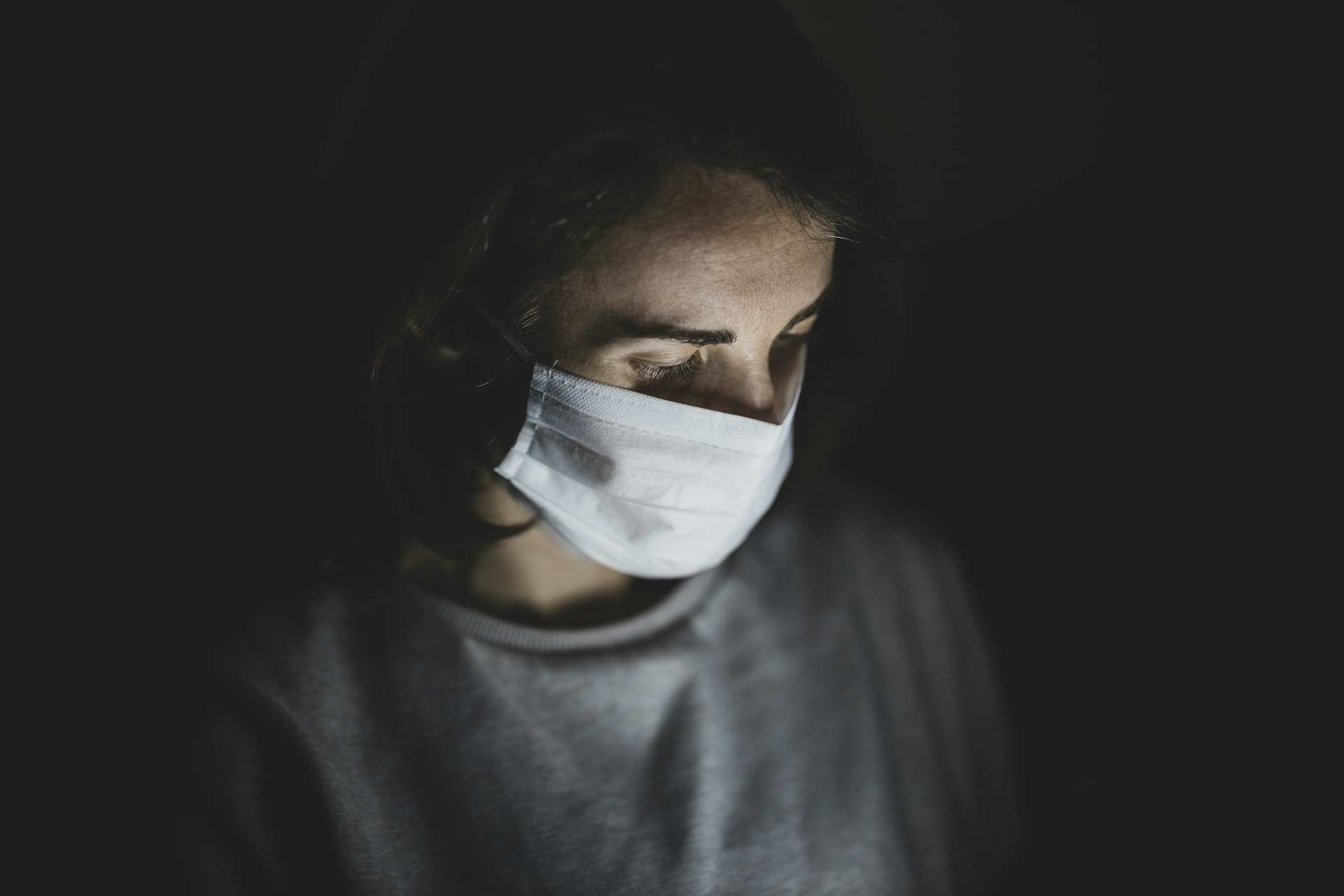Since March 2020, we've been on the rollercoaster that is the Covid-19 Pandemic. Throughout the various restrictions, life has changed dramatically, and is still changing. So, now as we're heading towards a sense of "normal", I want to briefly summarise some of the research and learnings from the last year. Hopefully we can then better understand and support our young people (as well as ourselves too).
Rates of Mental Health Difficulties are up
In 2018/2019, the statistics for the numbers of people experiencing a mental health difficulty was thought to be rising from 1 in 10 to 1 in 8. Now, particularly in our children and young people, researchers think it's now 1 in 6. If a classroom has 30 youth in it, then that's now a minimum of five young people that could have a diagnosable difficulty.
Not being able to see family and friends have been a couple of the major changes children and young people have less likely been able to cope with well, adding to the increasing numbers of those struggling with loneliness. There are links being seen in the research between loneliness and higher levels of anxiety already for adults, so this has almost been accelerated by the pandemic. Young people who are feeling isolated, either physically, emotionally or socially, may also experienced heightened anxiety too.
One in five older young people have found it hard managing with exam cancellations and the uncertainty around college/university places. In my work at a large college, this has certainly been a source of anxiety and added pressure for many of the students I have worked with. We've seen more students struggling with sleep, panic and low mood during the last term.
Services for eating disorders have seen a huge rise, being more noticeable as young people have returned to school out of a lockdown. The challenge now is that, although urgent referral targets may have been met, routine referrals are seeing longer waiting lists. Concerns from specialists in this area are around the big media headlines linking being overweight/obese with greater risks for Covid19. Along with the increase in takeaway orders, there's been an increase in downloads for health apps like Couch to 5k. There's lots of different messages around food and weight which can contribute to challenges around exercise and eating habits.
Things to bear in mind with this is that we do not get accurate reporting for every ethnic background, gender or sexual orientation. Groups that are unrepresented may be facing even more challenges to their mental health and well-being, but we just don't know. We may not see the full impact of the pandemic for a couple of years as services try and work through waiting lists. There's also been a big knock-on effect with funding, as many support services are through local charities and third sector organisations. While the Government has pledged funding for mental health, it may not be enough to keep everything going.
It's not all doom and gloom
There has been an increase in the funding around mental health and support for young people. Dr Alex George was made the UK's Youth Mental Health Ambassador, meeting with leading charities and the PM to secure £79mil of ringfenced funding. He has also joined with Young Minds to campaign for Early Support Hubs across the country to help support young people before they reach crisis point. The campaign is live now and would be an amazing resource if we could get these established along with other measures from Transforming CYP Mental Health Provision's Green Paper.
Some young people have really flourished in this time as some of the social pressures and anxieties have shifted. Not having the busyness and sensory overload has benefitted some, and this needs to be supported as things come back to 'normal'.
We've also seen an increase in mental health awareness and the numbers of people reaching out for support. The most recent example being Simone Biles' retreat from many of her finals at the Olympics to focus on her mental health, which has sparked lots of debate, but also lots of support from around the world.
Thinking Ahead
From what I have seen in practice, I think we need to praying about and supporting our young people particularly at the key transition points. With the lack of exams over the last couple of years, GCSE, A Level & BTEC and University students could find transition hard around picking options and getting settled back into education.
It's also going to a balance transitioning back into in person events, as each person will have had their comfort zone adjusted over the pandemic, so it may require more support for some to readjust.
Research from:
Harmless: From Harm to Hope Conference
ACAMH: Edward Miller Conference
Association of Colleges Mental Health Series and Conference
Anna Freud National Centre for Children and Families
